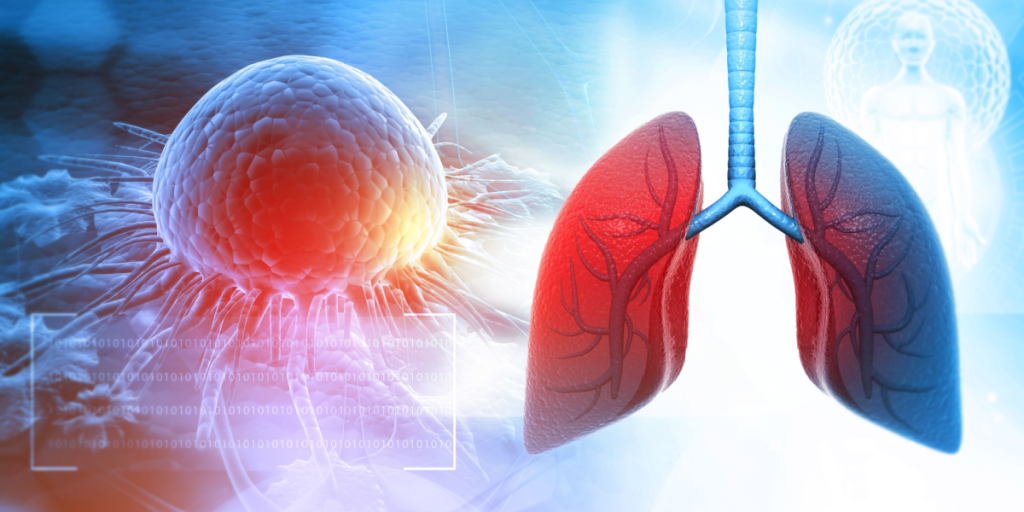While smoking remains the biggest known cause, researchers say diet may also play a surprisingly important role.
Others are reading now
A new study has found that eating large amounts of ultra‑processed foods could raise your risk of developing lung cancer.
While smoking remains the biggest known cause, researchers say diet may also play a surprisingly important role.
What Exactly Are Ultra‑Processed Foods?

According to the United Nations’ Food and Agriculture Organization, these are products made with ingredients rarely used in home cooking, plus additives that boost flavor, texture, and shelf life.
Think sodas, packaged soups, chicken nuggets, chips, and ice cream.
Common Culprits in the Grocery Aisle
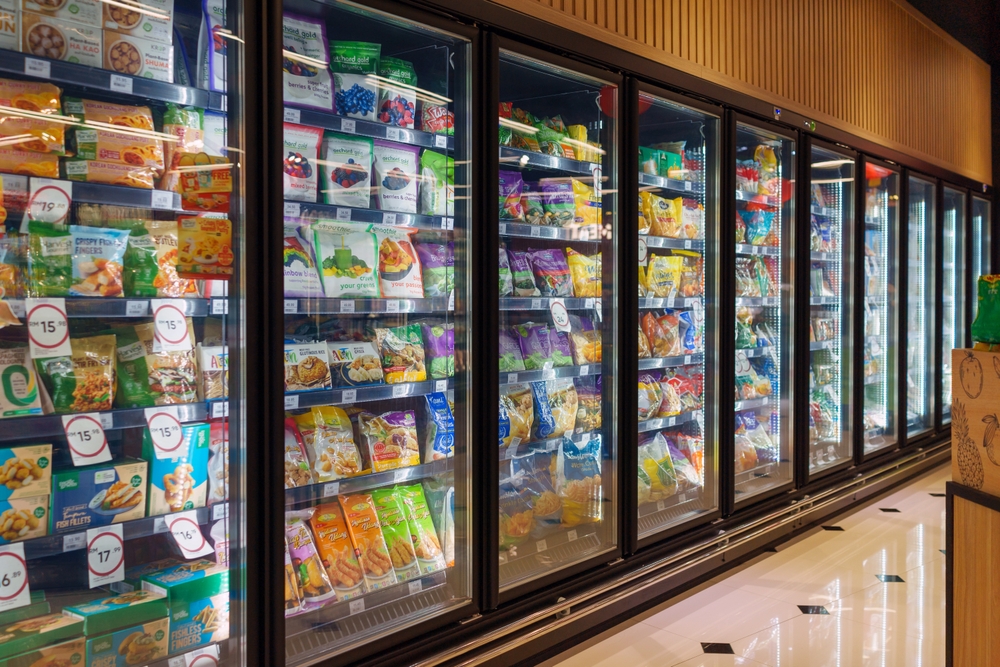
Ultra‑processed foods often contain preservatives to ward off mold or bacteria, artificial colors, emulsifiers to keep mixtures stable, and altered fats, sugars, and salts to make them taste better.
Also read
They’re everyday items that can easily dominate a modern diet.
Study Finds a 41% Higher Risk for Heavy Consumers

Researchers analyzed data from over 100,000 people. Those who ate the most ultra‑processed foods were 41% more likely to be diagnosed with lung cancer than those who ate the least, even after adjusting for smoking and other factors.
Average Intake Is Surprisingly High
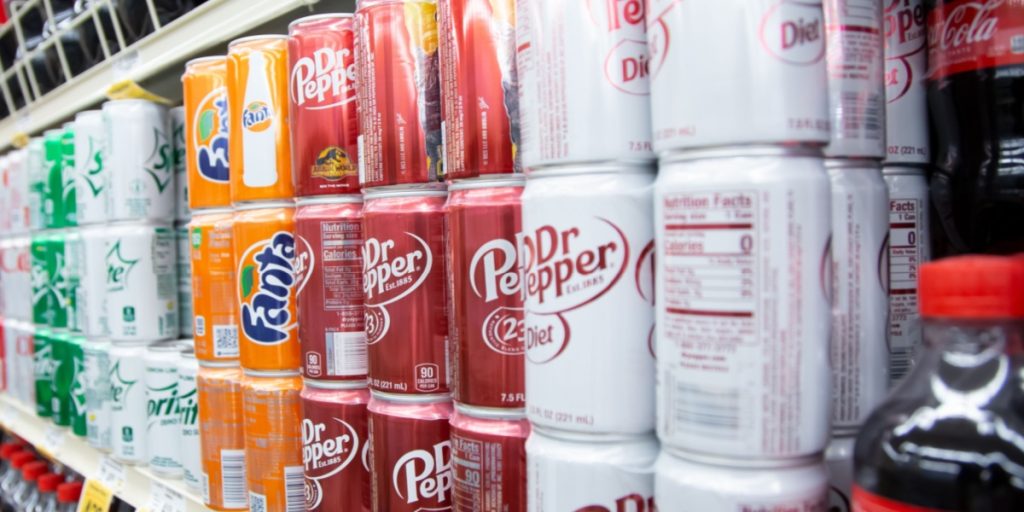
On average, participants consumed almost three servings of ultra‑processed foods each day.
The most common sources? Lunch meats, diet sodas, and both caffeinated and decaffeinated soft drinks.
Why Processing Might Be Harmful
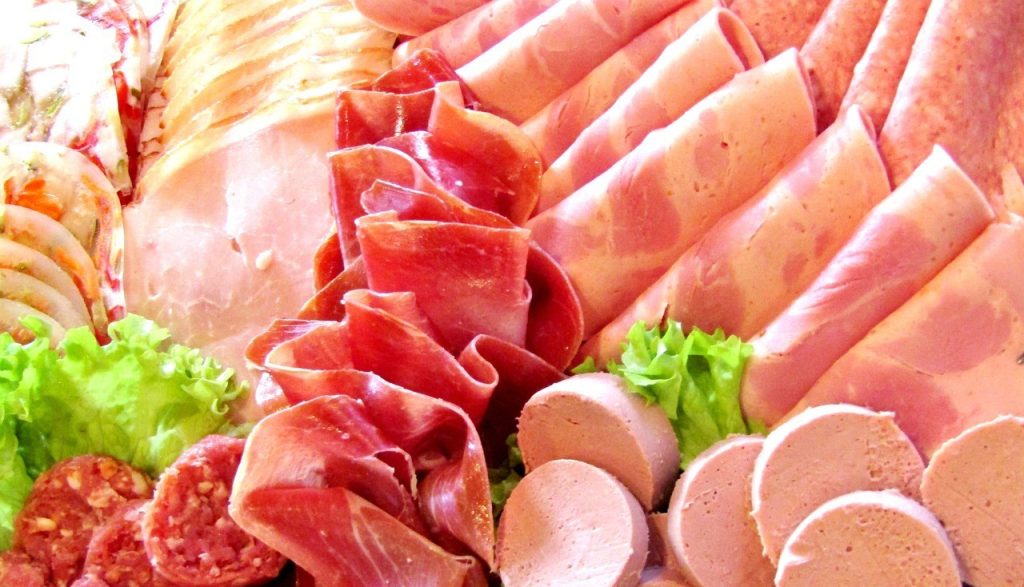
Industrial processing can change the structure of food, affecting nutrient absorption and creating harmful compounds like acrolein, also found in tobacco smoke and high‑temperature cooking oils.
Also read
Chemicals from food packaging may also contribute to the risk.
The Smoking Factor — and Why It’s Not the Whole Story
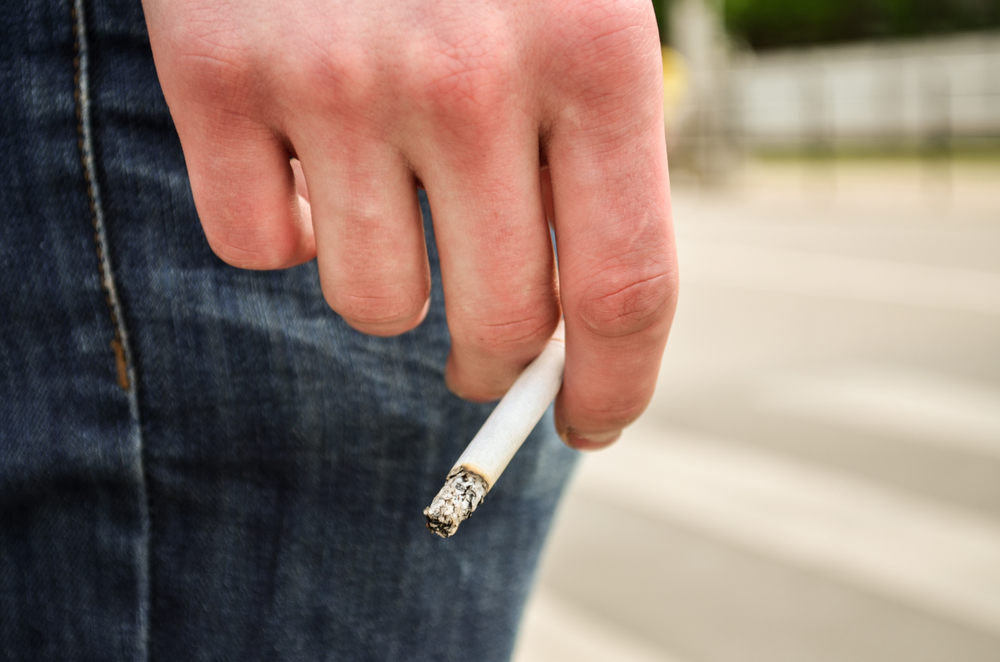
While smoking is the leading cause of lung cancer, this study suggests that diet could play a bigger role than previously thought, especially since the link between ultra‑processed food and cancer was even stronger among people who never smoked.
How Diet Quality Affects Cancer Risk
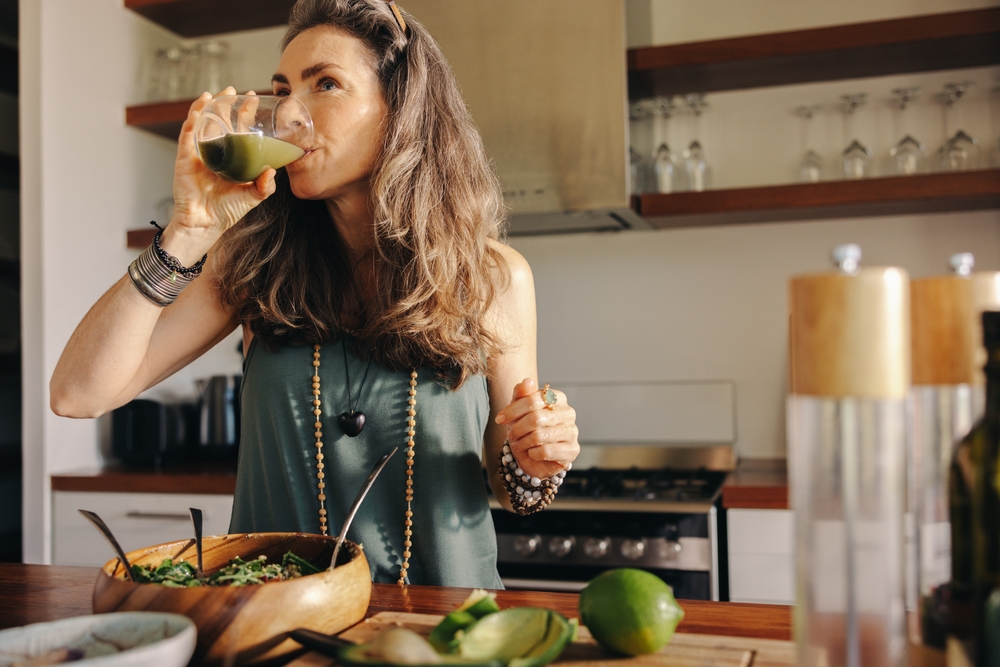
Ultra‑processed diets are often high in saturated fats, added sugars, salt, and calories, all of which can drive inflammation, damage gut health, and weaken the immune system.
This combination creates a fertile ground for cancer cells to develop and thrive.
The Omega‑3 Connection
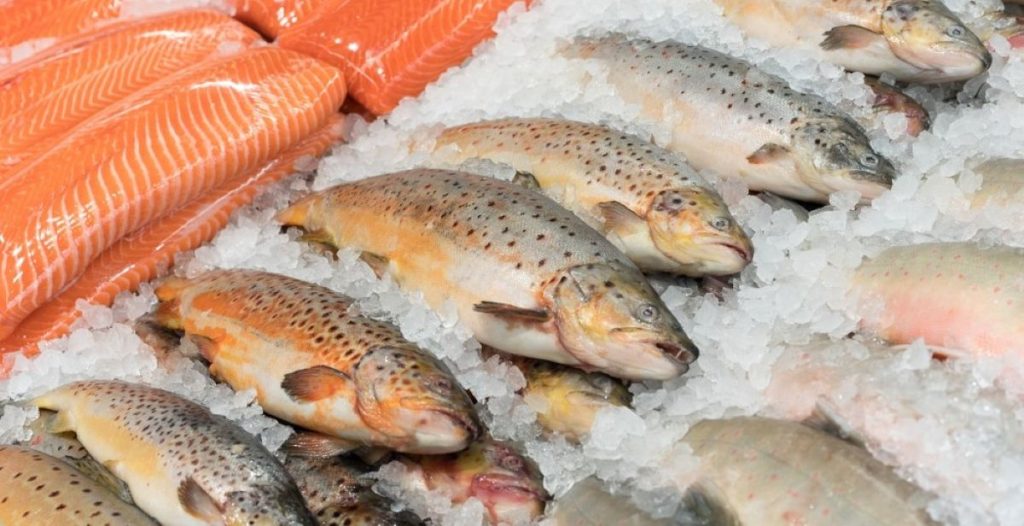
Experts note that ultra‑processing often strips out omega‑3 fatty acids, healthy fats that help protect the body but shorten shelf life.
Also read
Without them, processed foods lose a key anti‑inflammatory nutrient, potentially increasing cancer risk over time.
Choosing Foods That Support Long‑Term Health
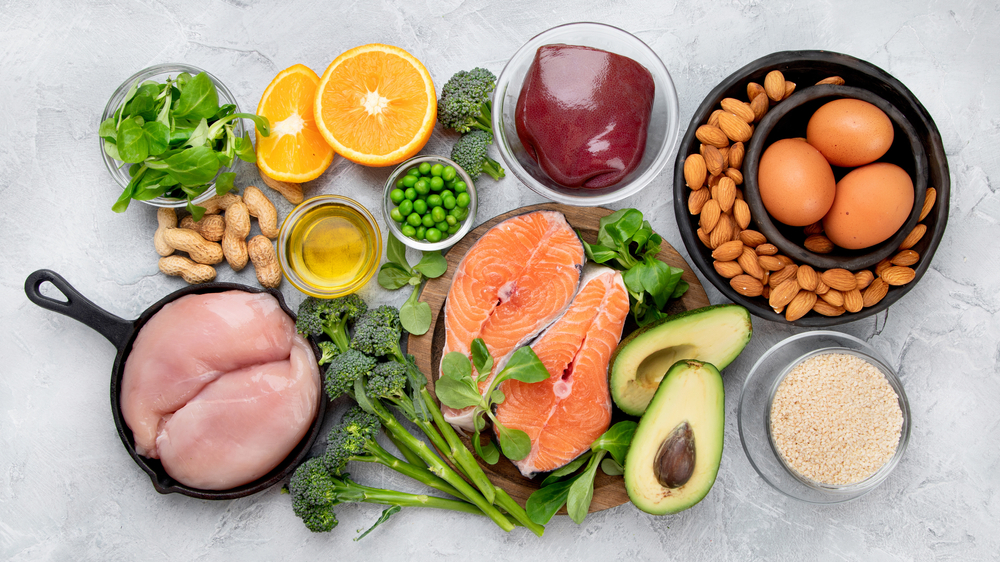
Doctors recommend shifting toward whole, minimally processed foods, fresh vegetables, fruits, beans, whole grains, nuts, and seeds.
Read labels, avoid long ingredient lists filled with unfamiliar additives, and make gradual swaps to train your taste buds toward healthier, more natural flavors.

